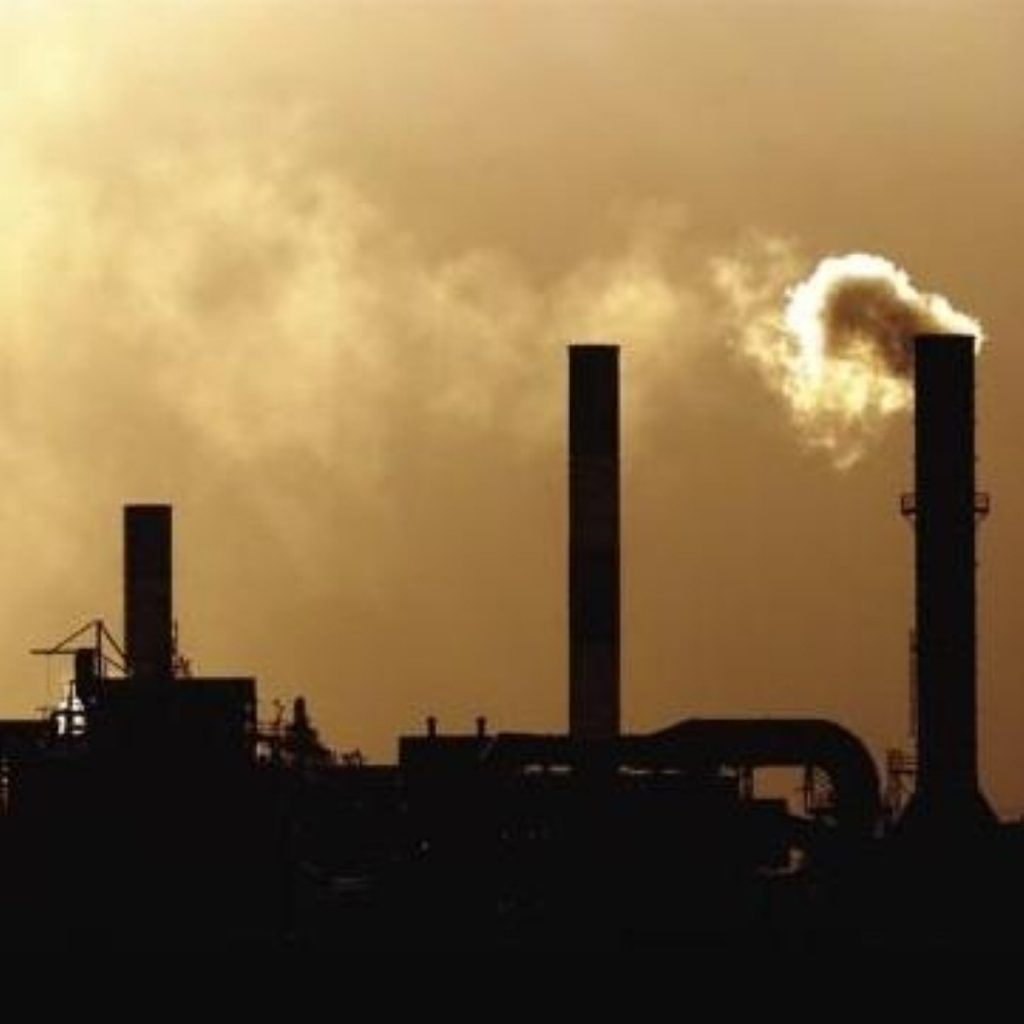Questions raised over EU emissions trading
Business and environmental groups have called for changes to the EU emissions trading scheme (ETS) after new figures show some countries are failing to use it to cut pollution.
A review of its first year of operation finds only six countries used the ETS – where firms are given credits which they can exchange for the right to emit carbon dioxide – to actually reduce the limit on average greenhouse gas output last year.
Overall, the ETS permits, which apply in all 25 members of the European Union, allowed companies the right to emit about 45 million tonnes more carbon dioxide emissions than they needed last year.
Friends of the Earth senior campaigner Germana Canzi insisted this was not good enough, saying: “Many governments gave away far too many pollution permits to their industries.


“They must now all urgently review their strategy for tackling climate change and ensure that tougher targets are set on industry pollution for the next phase of the scheme.
“Cost-effective solutions to climate change exist, but countries across Europe, including the UK, must get their act together and start showing some leadership on tackling it.”
Britain was one of those countries which cut its carbon dioxide emissions, issuing 27 million less allowances last year than in 2005, and the figures showed 99.6 per cent of firms had complied with the scheme on time.
But British businesses are now concerned that the regulations placed on them are not being enforced elsewhere, and warned the EU must take action to ensure cross-border cooperation.
Michael Roberts, director of business environment at the Confederation of British Industry (CBI), said today’s figures were “very disappointing”.
“They reveal that while the UK was rigorous in setting a tight allocation to reduce pollution most other EU countries were far too lax,” he said.
“There needs to be joint responsibility across the EU to tackle climate change and setting a level playing field for businesses to compete upon is essential to this.
“However these real concerns should not overshadow the hard work business has invested to get the carbon trading scheme up and running – it remains the critical mechanism for encouraging business to reduce emissions.”
For his party, environment and climate change minister Ian Pearson admitted that while the system “appears to be functioning effectively”, there were questions about “the stringency of the caps in some member states”.
“I will be encouraging the [EU] Commission to use this information to improve the enforcement of tough caps for Phase II so that the scheme provides the appropriate incentives for investment in clean technology,” he said.

